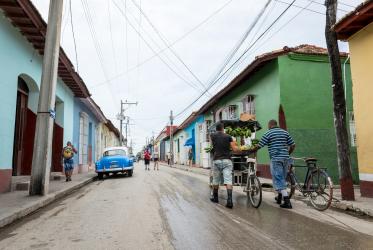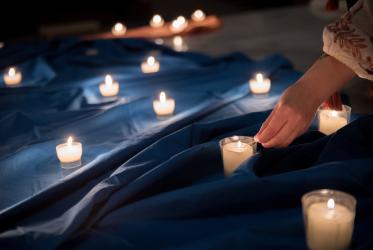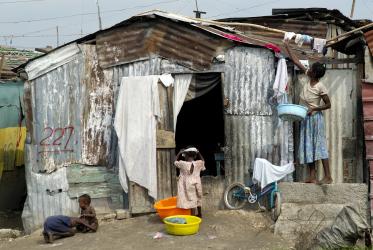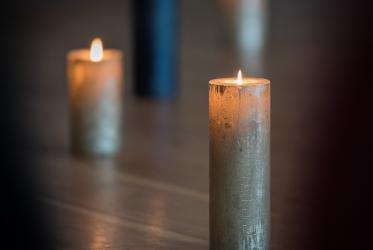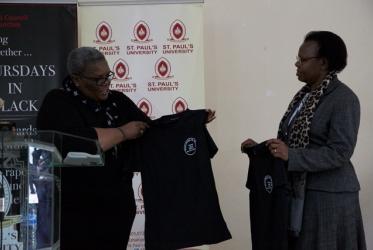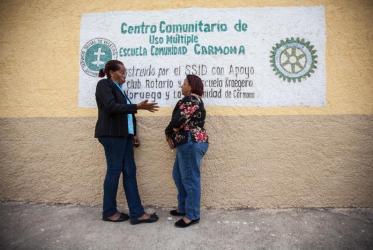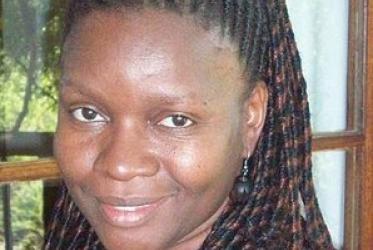Displaying 1 - 18 of 18
11 April 2024
WCC expresses deep concern for human rights in Haiti
28 March 2024
Caribbean churches make clarion call for reconciliation
21 February 2022
WCC prays for Haiti in wake of 7.2-magnitude earthquake
16 August 2021
Applications open for WCC Eco-School
10 May 2017
Haitian Methodists celebrate bicentenary
13 February 2017
Church leaders address statelessness in Dominican Republic
03 February 2015
Inspiring African churches to uphold women's dignity
13 June 2013
Living with God in the context of HIV and AIDS
27 February 2013


